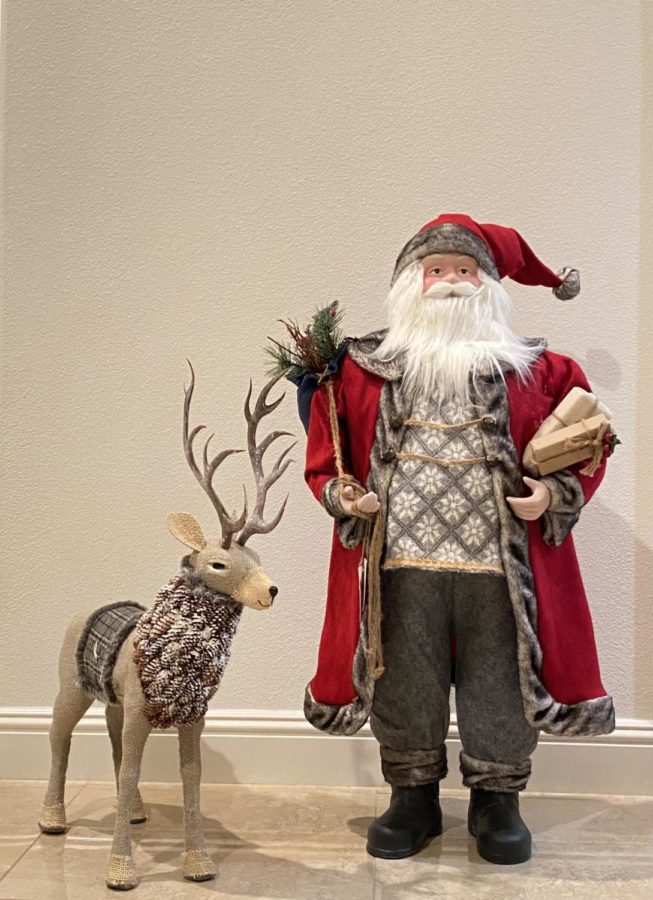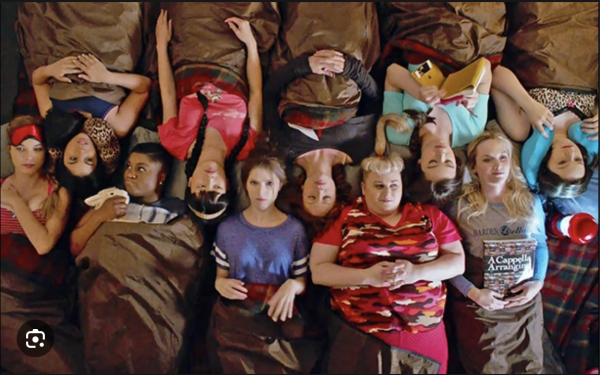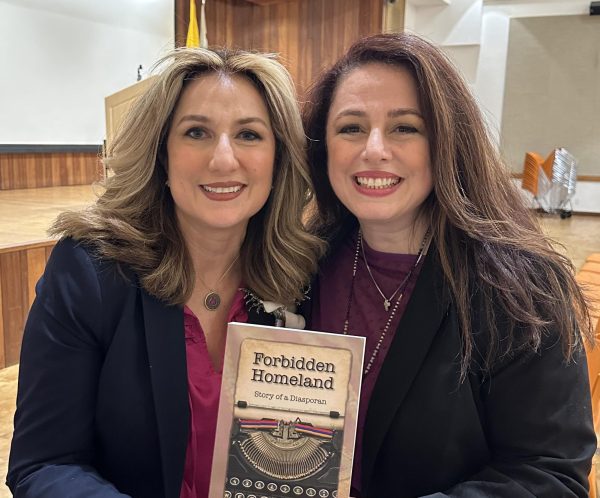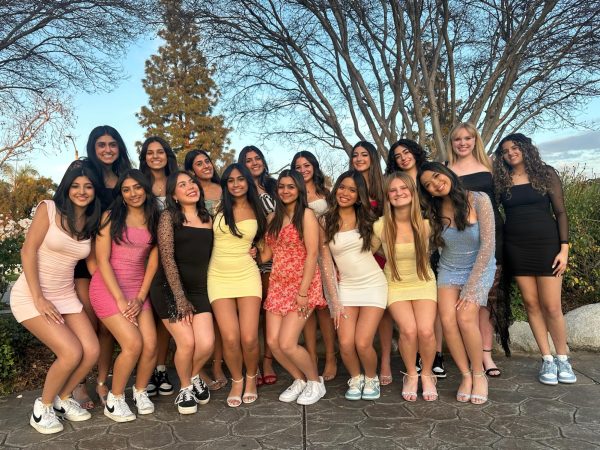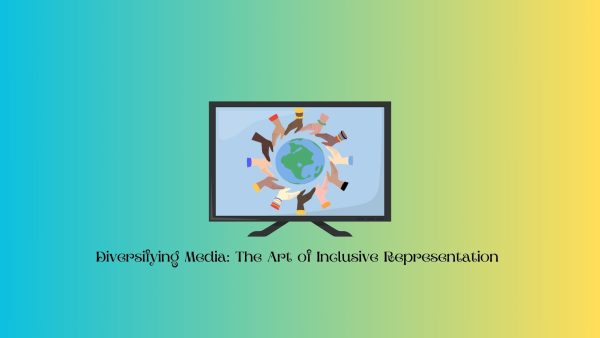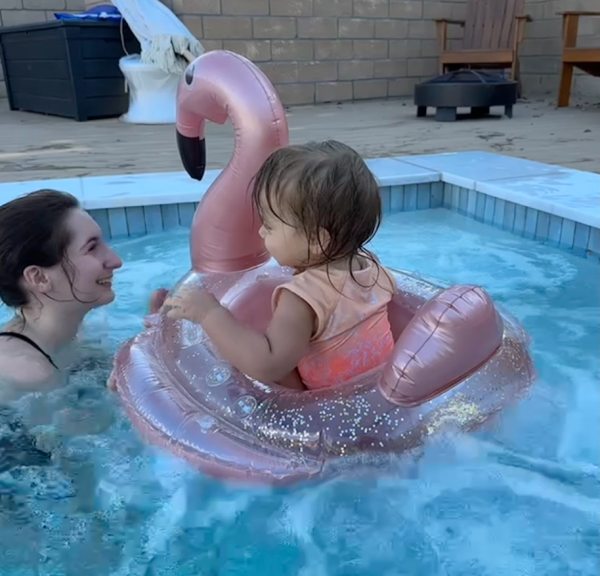Santa Won’t Be Coming to Town: When to Break the News
It is widely known that Santa Claus is the old man who climbs down the chimney the night before Christmas for the kids who have made the “good list”.
December 20, 2022
Trigger Warning: The following article deals with sensitive topics pertaining to Santa Claus and the brutal truth. Reader discretion is advised.
There is never a good age or a perfect time to crush a child’s spirit, belief, heart, and soul. Sadly, it is bound to happen in three simple words that when put together might just be the hardest thing to say: “Santa isn’t real”. This life-changing talk is a conversation a child will remember forever, and if not done right, can result in lifelong trauma and major trust issues. So, before you crush someone’s childhood, prepare stacks of tissues and a shoulder to cry on.
As a kid hearing this heart-breaking news, there are many emotions that will be experienced: anger, sadness, denial, grief, confusion, and betrayal. To be fair, parents have always told their children not to lie (the hypocrisy is evident) so feelings of betrayal and anger are reasonable. Also, be patient since kids might have many questions in this confusing time (Was it all a lie? Who ate the cookies and drank the milk? Who will ride the flying reindeer?). However, kids will soon realize that this white lie was told in their best interest (to preserve their holiday joy) and will eventually grant forgiveness.
There is no such thing as being too old for Santa, but it is probably best to find out the truth around the same time everyone else does to not risk finding out at school. It makes sense to want to keep up the charade and keep kids in the innocent Christmas spirit phase for as long as possible, but the longer the lie goes on the harder it will be to break the news. Sometime around elementary school would be the most ideal, about 8-10 years old. Usually, kids around this age will begin to ask questions and cast doubt, making it easier for the truth to come out, but if they don’t, parents should start thinking about bringing up the truth.
When the time comes, the best thing to do is to be honest with kids (even though it might be a little ironic). Make sure you have the conversation in a quiet place where there will be no distractions and that you give kids time to process it. Answer all questions truthfully, allow kids time to grieve, validate their feelings, and start new holiday traditions. This is the best way for kids to learn the truth about Santa Claus so that they can regain the holiday spirit in a different way.
When I was in fourth grade my teacher just flat out told the whole class that Santa wasn’t real, and that ruined Christmas for a lot of the class.
— Madison Ems
Sometimes, kids find out differently and do not have the ideal sit-down talk with their parents. Here at Yorba Linda High School, many students can still recall a vivid image of how they found out the truth about Santa Claus. Madison Ems (11) shares how “when I was in fourth grade my teacher just flat out told the whole class that Santa wasn’t real, and that ruined Christmas for a lot of the class.” Not only is this shocking and a horrible way to find out, but the fact that a teacher broke the hearts of the students adds in feelings of betrayal. When asked about his Santa Claus experience, Bryson Webster (11) expresses how his parents “used to do a very good job of making me believe Santa was real, which caused him to take a little longer to find out. They would make big muddy boot prints leading up to our house and write letters saying they were from Santa. I found out when I was around 9 just by logic and questioning how Santa could go to everyone’s house in one night.” As for Alex Ho (11), he states that “I was skeptical from the beginning, but I knew for sure that Santa wasn’t real when I was in third grade and Santa just stopped coming.” In this approach, there definitely was no being let down slowly. These are just some of the many ways kids find out Santa isn’t real.
Overall, we should remember believing in Santa as an innocent part of our childhood that brought jolly Christmas spirit, no matter how we found out.


